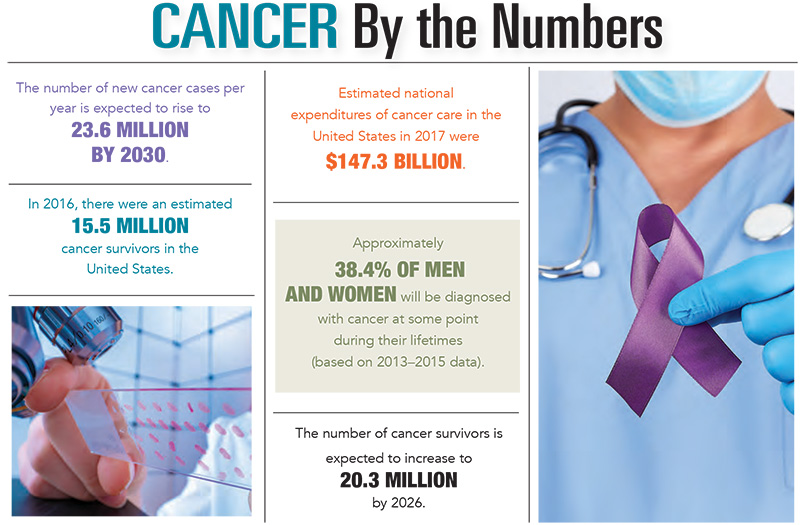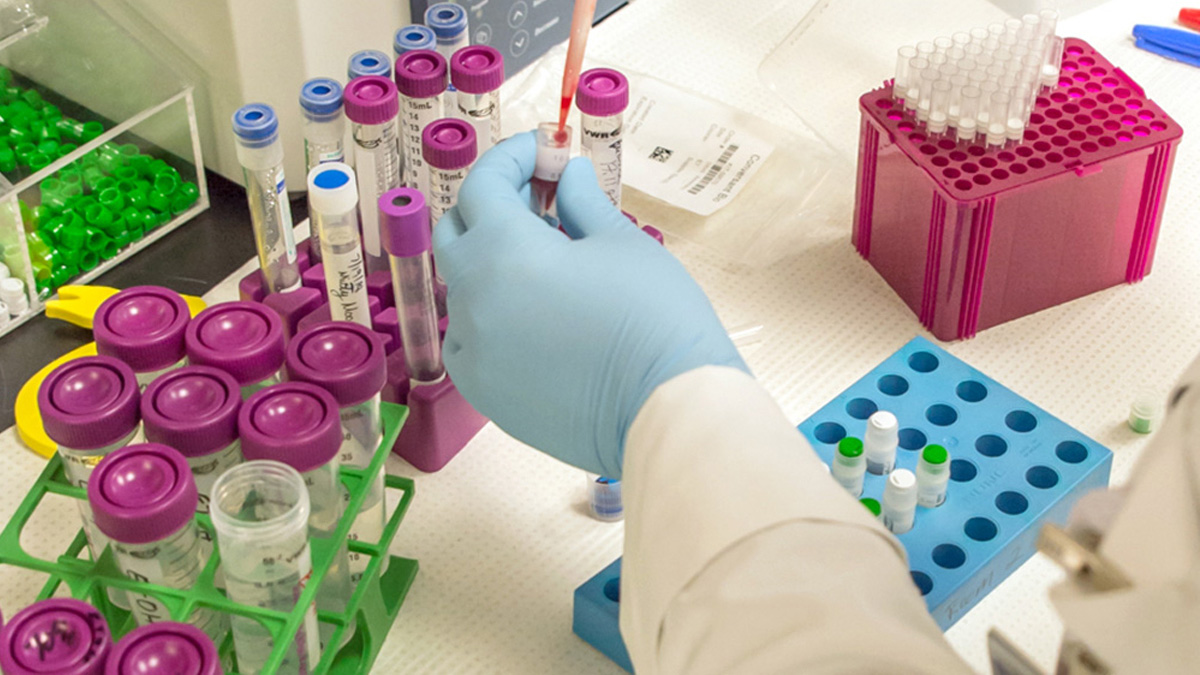Hope is what sustained us when my wife’s cancer was diagnosed, surgery removed the malignant tumor and chemotherapy helped prolong her life. Lucky for us, she has been cancer-free for nearly 22 years.
Now, three Upstate health care powerhouses are joining forces to continue the fight against that common enemy, thereby providing hope for more people who are diagnosed with cancer. Spartanburg Regional Healthcare System – Gibbs Cancer Center; Bon Secours St. Francis Health System in Greenville; and AnMed Health have been awarded a six-year, $14.4-million grant to create the Upstate Carolina National Cancer Institute Community Oncology Research Program, or NCORP.
“It is the mission of Upstate Carolina NCORP to support cancer prevention and treatment trials that will improve patient outcomes,” said Kamara Mertz-Rivera, director of clinical research for Gibbs Cancer Center & Research Institute at Spartanburg Regional. “I am honored and humbled to be the administrator for the grant award and am committed to the success of the program. I look forward to the next six years and witnessing the positive impact this award will have on our community members.”
“We at the Bon Secours St. Francis Cancer Center are thrilled to be part of this consortium and to have been awarded this grant from the National Cancer Institute,” Dr. Robert Siegel, affiliate responsible investigator for Bon Secours St. Francis Health System, added. “This funding acknowledges the power of collaboration between AnMed, Spartanburg Regional and our own program in optimizing cancer therapy for our Upstate community and beyond. Together we can provide more efficient and innovative approaches to malignancy than can be provided by any of us individually.”
Upstate Carolina NCORP will cover all cancer types and connect patients in the Upstate to the most up-to-date clinical trials in a local setting so they can stay in their own communities for treatment. Because of clinical trials, newer and more advanced treatments are being approved by the U.S. Food and Drug Administration.
The National Cancer Institute also will research possible links between Type 2 diabetes and pancreatic cancer.
Clinical trials help scientists and physicians find new methods to treat cancer and also ways to prevent and detect cancer sooner. Additionally, quality of life for people during and after treatment is improved through cancer care and delivery research.
The trials often compare the most accepted cancer treatment with a new treatment doctors hope will work better. NCI clinical trials also look at important issues of cancer survivors, such as cardiac toxicity that might be caused by radiation and chemotherapy drugs.
A primary goal of the Upstate Carolina NCORP is to reach rural, minority and underserved cancer patients. The joint program is committed to increasing cancer clinical trial access and participation among those groups to reduce cancer disparities, and the burden of cancer, for everyone.
“The desire to stay home for treatment is very important to patients, and this research grant allows our patients to have access to the best clinical trials and drugs available so there is no reason to travel anywhere else for treatment,” said Dr. James D. Bearden III, vice president of clinical research, physician manager at the Gibbs Cancer Center and principal investigator for the program. “At home, patients have the spiritual, family and community support of their hometown.”
Upstate Carolina NCORP has 48 experienced community investigators comprised of medical, radiation and surgical oncologists and led by three principal investigators – Drs. Bearden, Amy Curtis and Jeremy Kilburn, a radiation oncologist with Gibbs who is contracted to work at St. Francis.
“Clinical trials are essential in the fight against cancer. Without the participation of patients, clinicians, nurses and support staff in clinical trials, many of the breakthroughs that we celebrate today would not be possible,” said Dr. Leander Cannick III, affiliate responsible investigator for AnMed Health. “The Upstate Carolina NCORP’s goal is to support practice-changing cancer prevention, treatment and cancer control research to improve patient outcomes and quality of life. Together we will continue to change the landscape of cancer care.”
Progress is being made, with the number of cancer survivors expected to increase to 20.3 million by 2026, according to the National Cancer Institute.
“Clinical trials allow us to take the lessons and best treatments of the past and improve on them with measured steps forward,” Dr. Bearden said. “Each generation of patients stands on the shoulders of those who preceded them.”
Trials are available for all types and stages of cancer. Learn more about Upstate Carolina NCORP at www.upstatecarolinancorp.org.
By David Dykes

